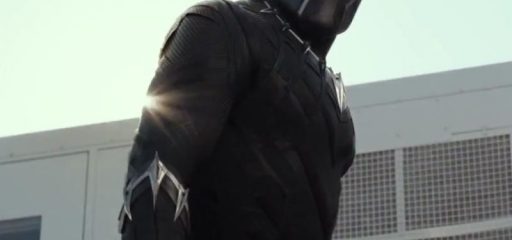From its very beginnings, the USAmerican comic book industry has been dominated by white characters. Whether we’re talking genres like crime, romance, horror, or science fiction, the industry has demonstrated a very clear bias in favor of white people (specifically white, heterosexual, cisgender men, but my focus here is on race). This holds true for my genre of choice: superheroes. For most of the history of superhero comics, white people have been headliners. From the Golden Age to the Silver Age, through the Bronze Age and into the Copper Age, the overwhelming majority of characters with their own comics have been white people. Even when writers began featuring characters of color in their stories (think of heroes like the Black Panther, the Falcon, Shang-Chi, Sunfire, Red Wolf, Karma, Danielle Moonstar, Storm, Tyroc, Dawnstar, Invisible Kid II, Vixen, Vibe, Black Lightning), these characters were typically members of teams, or background supporting characters. Rarely did they carry books of their own. It was almost always white people who had their own comics.
Even as we entered the Modern Age of comics, there have still been relatively few comic books featuring People of Color as the main characters, at least not at Marvel and DC. That’s not to say there have been none. Milestone Comics was a DC imprint in the 90s which featured primarily African-American leads in all their titles (Milestone 2.0 is on the way in the not-to-distant future too). And in the last few decades, a handful of characters of color have held their own titles at Marvel and DC-some for a short time, others for several years (Steel, Black Panther, Storm, Moon Girl and Devil Dinosaur, Ms. Marvel and others). But even today, the industry is still dominated by white characters.
The lack of People of Color starring as the lead in their own books falls on the shoulders of creators and publishers to a large degree (some of it is certainly the market to some degree). The people making comic books and producing comic books have predominately been white. So of course, they’re going to write and publish what they know. As a result, we’ve had a plethora of white characters. It’s not necessarily a deliberate thing. I don’t believe writers for DC or Marvel down through the years said “I want to create a new character or a new comic book and I want a white lead character and mostly white supporting cast”. Nor do I think the Editors-in-Chief at Marvel or DC sat down and said “We need to publish another book with a white character as the lead”. But the bias in favor of white people that exists all throughout our society manifests in all its corners. And “white” has long been considered the default in our culture. It’s the automatic assumptions laden in society (which can be seen when you realize that white people are often described as “that guy” or “that woman”, but People of Color are often described as “that black woman” or “that Hispanic guy”). It’s the standards of beauty that use white folks as the default. And yes, it’s the default to white characters on the part of creators and publishers of comic books when new titles and characters are created.
While the Big Two publishers have made strides to diversify their staff in the last few years, their ethnic diversity initiatives have a long way to go before they reach anything at all representative of the wider USAmerican population. Similarly, while their publishing lines have expanded to appeal to ethnic demographics outside of white folks, they have a loooooooong way to go before they’re putting out enough product to satisfy the appetites of People of Color looking for greater diversity in the Big Two. For those people looking for books featuring People of Color in starring roles, or those looking to support creators of color, or both, it may be necessary to explore beyond Marvel and DC. Beyond superheroes. And beyond print comics for that matter. One example of a book featuring an ethnically diverse cast by a Person of Color recently came to my attention. New Jersey-based artist Paul Louise-Julie has worked to craft something visually stunning in his creation, Yohancé.
Continue reading “Are you interested in an African-influenced space opera?” →











